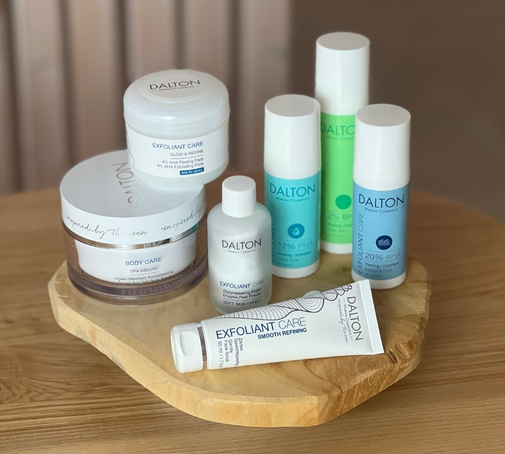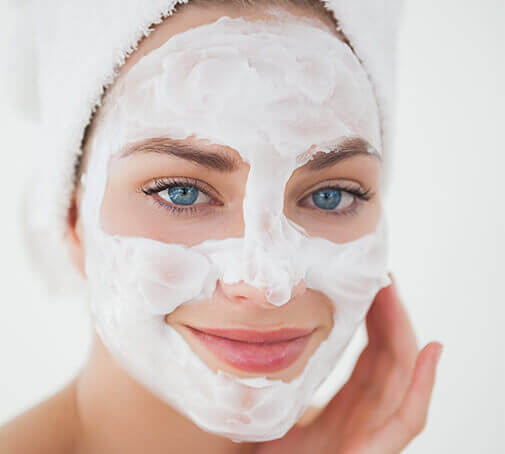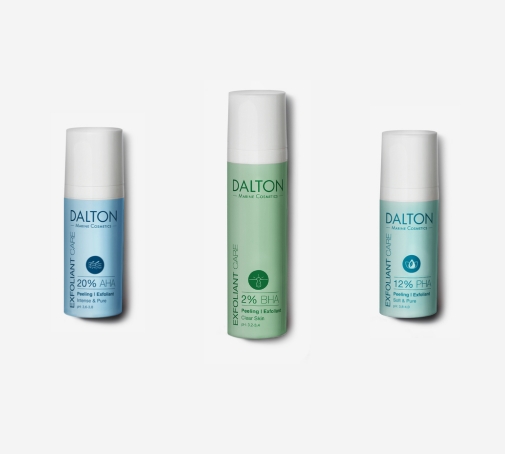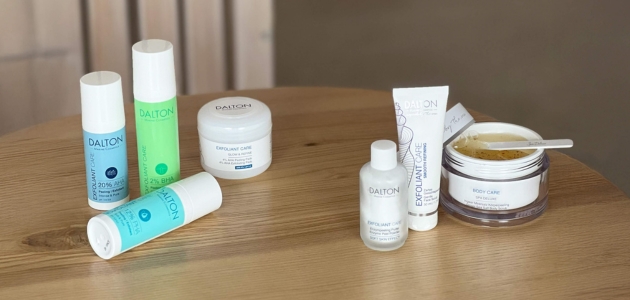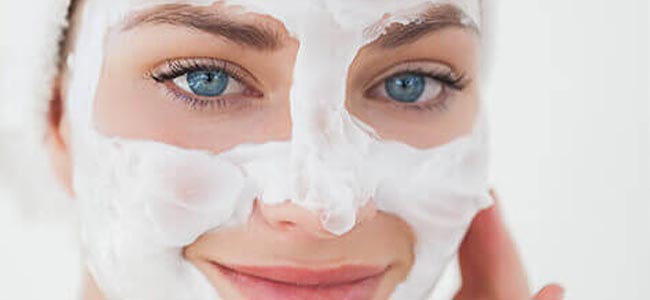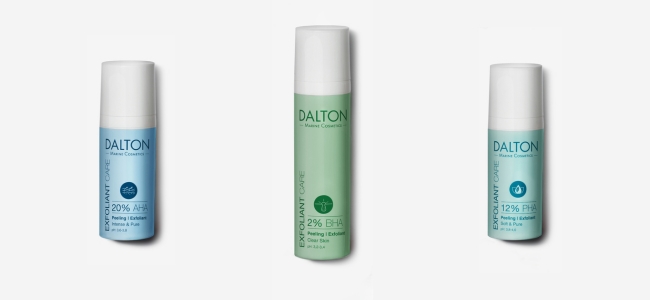

Fragrance in Skincare
Fragrances in skincare are often criticized. But are they really so harmful and does it make a difference whether a product contains synthetic or natural fragrances? Our product developer Eva explains why fragrance is commonly added to skincare products and which ingredients can sometimes cause irritation.
Scents vs Fragrance-Free – Let's Ask Our Expert




Why do we need fragrances in cosmetics?
Eva: On the one hand, fragrances are used to mask the inherent odor of the raw materials, since the product itself may smell unpleasant otherwise. On the other hand, of course, scents are also used to give the product a character and emphasize certain traits or qualities of a product.
Can fragrances in skincare be harmful to the skin?
Eva: Let me say it like this: The dose makes the poison. The proportion of fragrances in skincare products is rather low. On average, it is between 0.3 and 0.8 percent. This is usually not enough to cause an allergic reaction. There’s also a difference between leave-on products, such as moisturizers, and rinse-off products, such as shower gels or cleansers. Rinse-off products are less likely to cause allergic reactions, since the fragrance is quickly diluted with water. However, since every skin is different, people with allergy-prone and sensitive skin should opt for fragrance-free skincare. This minimizes the risk of coming into contact with allergenic fragrances.
Are there “good“ and “bad“ fragrances for skincare?
Eva: The risk to experience an allergic reaction varies from fragrance to fragrance. That is why the cosmetics and detergents regulations stipulate which fragrances must be declared and in what form. Fragrances without allergenic components only have to be mentioned as “perfume“ on the ingredient list (INCI list), but there are 26 fragrance allergens that are required to be listed individually with their botanical or chemical names, if they exceed a certain concentration in the product. These are mostly essential oils, i.e. natural fragrances, such as coumarin, citral, linalool, limonene and eugenol.
So if natural fragrances are more likely to cause allergic reaction, does that mean synthetic fragrances are better?
Eva: Essential oils, which are mostly used natural skincare, can tend to irritate the skin more than synthetic fragrances. 18 of the 26 allergenic fragrances are natural components of essential oils. Synthetic fragrance oils, on the other hand, offer the advantage that they smell like the unadulterated image, but they do not contain the allergens that can be found in natural perfume oils.
How can you see which, if any, fragrances a product contains?
Eva: All ingredients of a product must be listed in the INCI list on the product label. In addition, EU law requires that ingredients be listed in descending order of concentration. Thus, the ingredient with the highest concentration is first on the list. As already mentioned, you can tell from the ingredient name “perfume“ or from the specific fragrance name whether a product contains fragrances.
Are fragrance-free products always the better choice?
Eva: That depends entirely on individual preferences and how sensitive your skin is. If you have sensitive skin and have had allergic reactions in the past, you should go for fragrance-free skincare. If you haven’t had any problems with this in the past, you can naturally use products with fragrances. Then you have the advantage of being able to use all the ingredients that suit your skin type - even those that would be unpleasant to wear due to their own odor and therefore require a perfume.
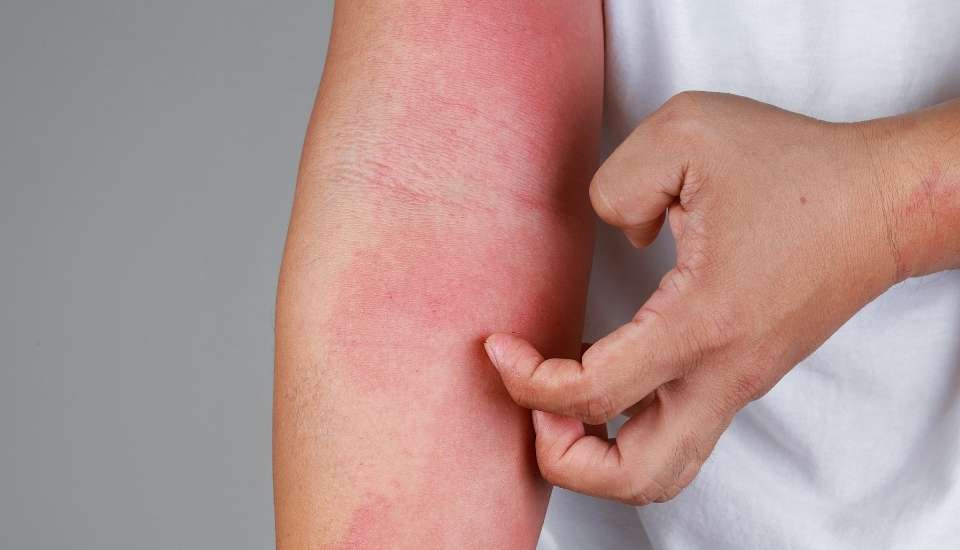



How do I know if I am sensitive to fragrances?
Fragrance allergy is a so-called contact allergy. Typical symptoms are rashes, swelling and itching. To be on the safe side, you can first test new skincare products on an inconspicuous but sensitive area, such as the crook of your arm. If you experience a reaction, you should make an appointment to see a dermatologist. They can perform an allergy test to identify which ingredients you should avoid in the future.
SIMILAR POSTS
You Might Also Like


